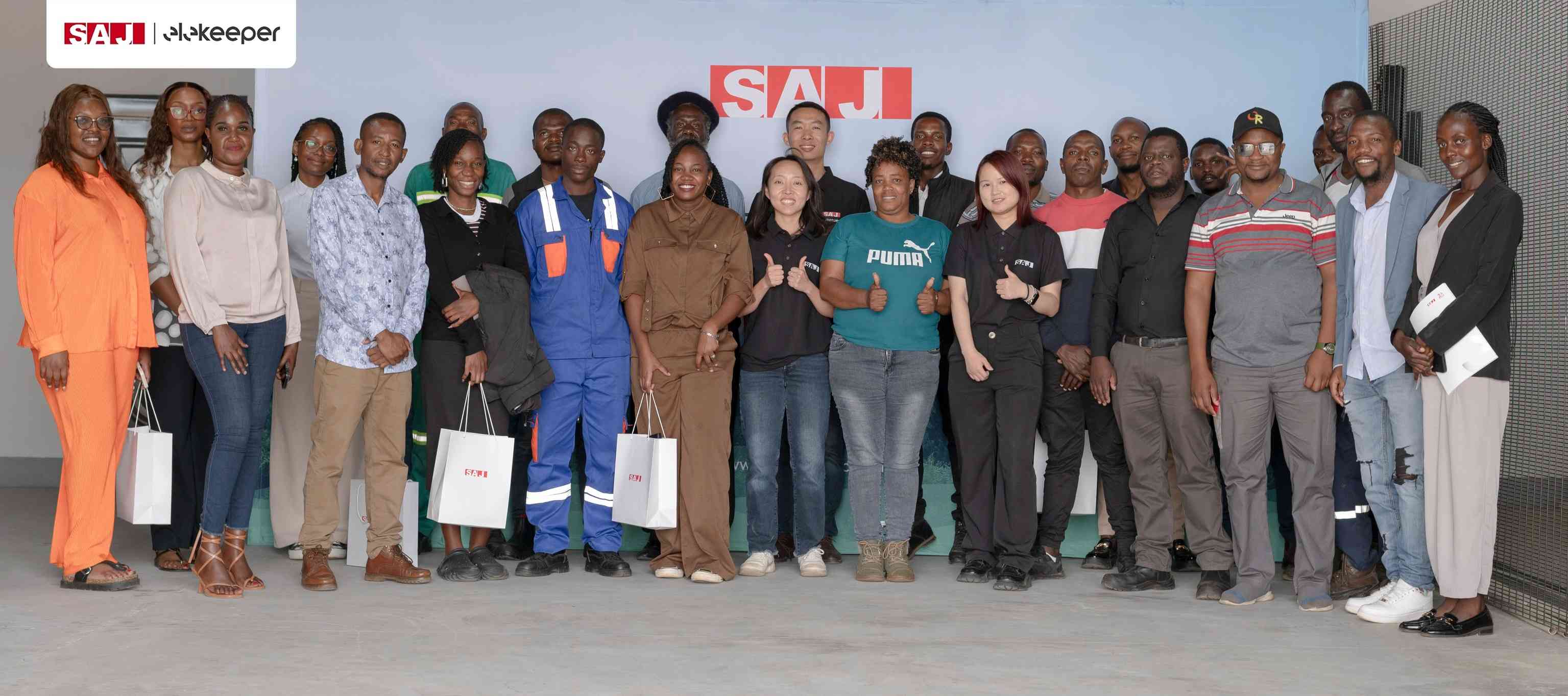
When we started writing about this important subject we thought it would just need one or two episodes, but it has stretched over a longer period and we have thoroughly enjoyed the process.
We have also learnt a lot through the process of writing about this because our approach to writing is that of keeping an investigative approach with questions that have to be answered.
You could argue that we have a research orientation, meaning that we always come from the point of view of an article question or article questions that have to be answered by an investigative process.
There is an underlying commitment also not to disappoint ourselves and our readers by ignoring science and scientific evidence.
The conviction is that knowledge is scientific and that as a people grows, opinion must be reduced and empirical evidence increased.
This column for the past many weeks managed to explore the role the mind plays in our happiness and we quoted several serious scholars and teachers who have done research in this area and established ideas and facts. It has been scientifically found, for instance, that a human being thinks between sixty thousand and eighty thousand thoughts per day, ninety-five per cent of which are recycled (Chopra Centre). This is corroborated by Sachitha De Silva, an IFS Certified Practitioner in his article; How “Mental Diarrhoea” has become #1 deterrent of Personal Growth. In this article, De Silva has this to say; Attaching oneself with a “continuous loop” of thoughts, as I would like to call it "Mental Diarrhoea" (a state of mind, where we get trapped in a loop, thinking about the same irritating string of thoughts).
This augments the findings that these thoughts are recycled meaning that we wake up every day to get these thoughts flow through our thought system as if it was a running tummy issue. We are generally unaware of that because the moment we become aware of it, we also become aware of the need to manage it and therein lies the beginning of the possibility of happiness. This is where a book like David Kadavy’s Mind Management Not Time Management: Productivity When Creativity Matters, comes in very handy. This is also the author of The Heart to Start.
It has been established through this column’s treatment of this important subject that the mind is a critical player in our happiness and that what it churns out, which is to say the thoughts, plays havoc with our unconscious selves. Anyone, therefore, who desires to see happy days does not need to look to their boss but to go in and tether their mind and manage it so that it stops being used by the ego and gets used by the person to create happiness for themselves and contribute to happiness and of course productivity at work in general.
- Managerial coaching needed more than ever
- Zim agric production remains low: WB
- Command agric scheme in inputs gridlock
- In Full: Thirty-Fifth Post-Cabinet Press Briefing 29th November, 2022
Keep Reading
It has been difficult for us to establish that happiness does not come from material things like salary and other benefits and even including holidays and vacations.
This has not been an easy one and I am sure there are many readers who still wonder what I mean by this. They probably are thinking to themselves; ‘What does this writer mean by material things do not bring about happiness when even in churches, prophets will tell you about how many beautiful cars, houses and jets you are going to have…?’ Well let us perhaps conclude the matter this week by considering what I call the three stages of happiness. For our purposes we always want to then associate happiness with productivity because we are in the workplace and so ours will always end up in the workplace.
We are not making the claim though, that happiness should be confined to the workplace and to productivity, no, in fact we are proponents of the universality of this principle, that happiness cuts across all areas of life and the institutions of life; love relationships, spirituality and all. The Christian main book, the Bible has this verse to sum it up; Rejoice in the Lord always. Again, I will say, rejoice! Philippians 4:4. It is said twice as you can see, meaning that there is something double good about it. Even in giving, the same Bible has this to say; … for God loves a cheerful giver. Cheerful here, in our opinion refers to happiness and so we think that if one gives unhappily, they fail to hit the mark.
It is our considered conviction that the challenge with religion is that someone can stand in front of hundreds and hundreds of happiness and life meaning seekers and just continuously tell them to be happy without sharing the mechanics of happiness.
So, you have people sitting there wishing they could be happy but without the tools to achieve it. Some end up faking it and living in hypocrisy.
They know the verses and can quote them but have no clue what needs to be done to get to the ‘promised land of happiness.
They will even come to you and ask you to join them, knowing full well that they are not happy themselves. A number of them give up the attempt to be happy and just wait for death to lift them up and usher them to heaven.
And Sadguru challenges them and says; ‘What if you are already in heaven and you are making a mess of it…?
Our treatment of this treatise has not been wishful or just talk and declarations. We have made concerted efforts to break down what we consider to be the processes that one may consider to explore the subject of happiness. It is a practical issue and not just theory and talking and with coaching and understanding, a person can start the process of embracing and achieving happiness. Let us summarise it below.
There are three levels of happiness in our understanding dear reader. The first one is when we attach happiness to something.
This could be a person, a job title, money, a vacation, life itself, good health and many other things. If you look at it carefully, all these things are temporary and the risk with making happiness about having one of these is that if they cease to be part of your life it means your happiness leaves with them and you are left unhappy.
This stage of happiness can lead to disaster and pain. Does it mean when you have these you do not have to enjoy them?
By no means, you have every reason to enjoy every moment of it and all the feelings that come with it but you still have the obligation to find true happiness so that yours is deep and true.
I realise I have already overwritten. I was hoping to close the subject this week but please give me one more week to dance with this subject once more. It’s a minefield.
- Bhekilizwe Bernard Ndlovu’s training is in human resources training, development and transformation, behavioural change, applied drama, personal mastery and mental fitness. He works for a Zimbabwean company as human capital executive, while also doing a PhD with Wits University where he looks at violent strikes in the South African workplace as a researcher. Ndlovu worked as a human resources manager for several blue-chip companies in Zimbabwe and still takes keen interest in the affairs of people and performance management. He can be contacted on bhekilizweb.bn@gmail.com










